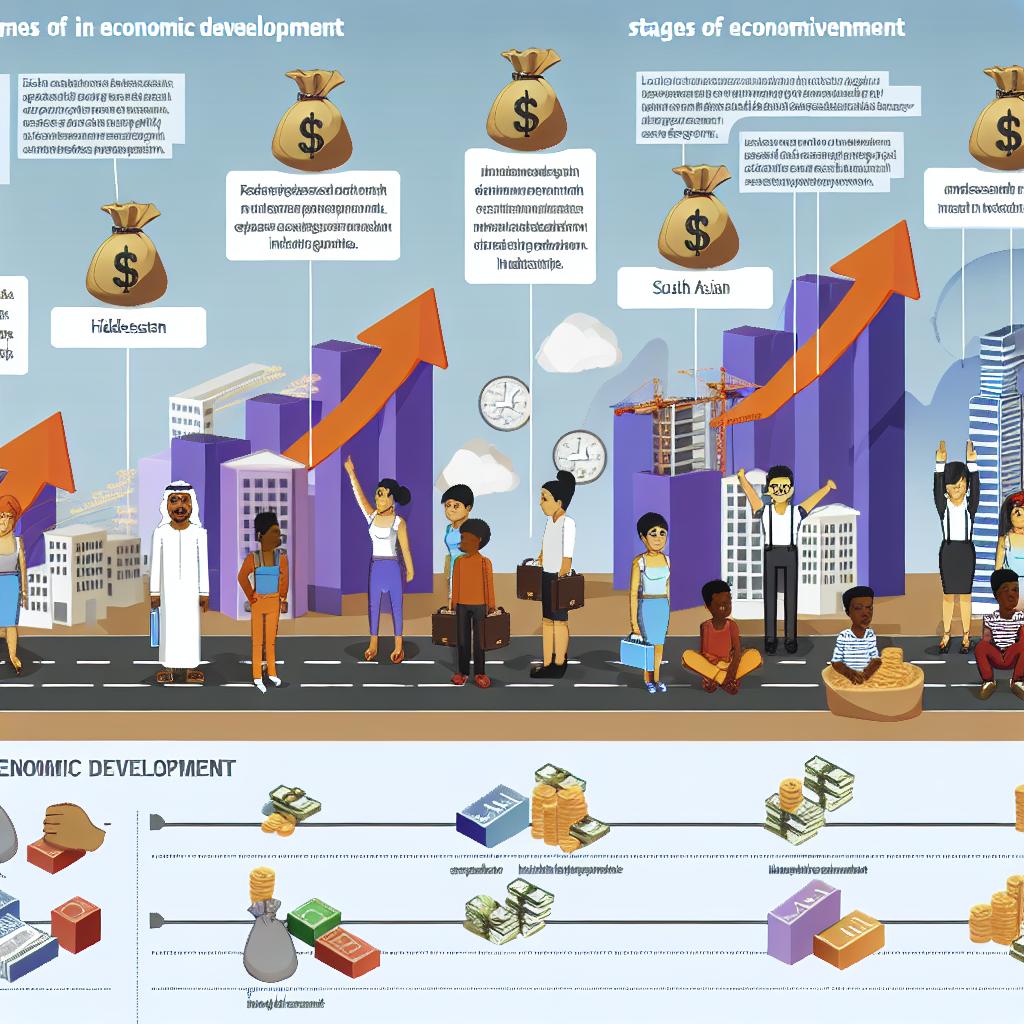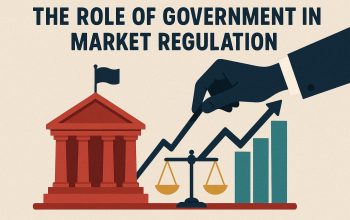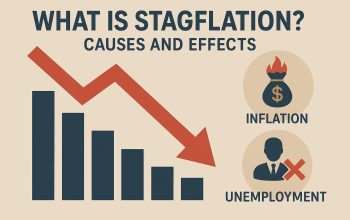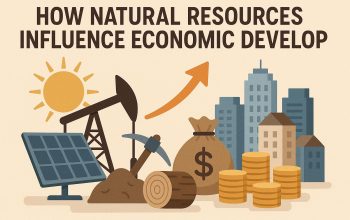The Role of Investments in Economic Development
Economic development is a multifaceted process that hinges on various factors, with investments playing a pivotal role. Investments serve as a catalyst for job creation, infrastructure enhancement, and technology advancement. This article explores how investments contribute to the growth and development of economies around the world.
Capital Formation and Economic Growth
One of the primary ways investments drive economic development is through capital formation. Capital formation refers to the accumulation of financial resources and assets in an economy. When investments are made in sectors such as manufacturing, infrastructure, or services, they facilitate the creation of new capital. This new capital increases the production capacity of an economy, leading to higher output and, subsequently, economic growth.
Investments targeting capital formation can significantly impact an economy’s productivity. By channeling funds into creating new machinery, tools, and facilities, businesses can enhance their production efficiency. For instance, a manufacturing firm using advanced machinery can produce goods more quickly and at a lower cost, increasing its ability to compete in the international market. The ripple effect on the economy can lead to increased exports, contributing to a positive balance of trade.
Infrastructure Development
Investments in infrastructure are crucial for economic development. Infrastructure projects, such as roads, bridges, and ports, improve the efficiency and connectivity of economic activities. For instance, better transportation links can reduce the cost of moving goods and services, thereby enhancing market access and trade. Moreover, investments in utilities like electricity and water supply are vital for fostering an environment conducive to business operations and attracting further investment.
Effective infrastructure development also plays a foundational role in urbanization and regional growth. As rural areas become more accessible through improved infrastructure, there is often an influx of new businesses and opportunities. This can lead to balanced regional development, reducing disparities between urban and rural areas. Furthermore, investments in digital infrastructure can revolutionize communication and information technology sectors, allowing for more innovative business models and efficient service delivery.
Impact on Employment
Another significant role of investments is in generating employment. Investments in new and expanding industries lead to the creation of jobs, which can reduce unemployment rates and improve the standard of living. The ripple effect of job creation helps to stimulate demand in the economy, as employed individuals have greater purchasing power. This increase in demand can lead businesses to invest even more, creating a virtuous cycle of growth.
A noteworthy aspect of job creation through investment is the improvement of workforce skills. As businesses grow, there is often a need for employees to acquire new skills and knowledge, prompting investments in education and training programs. This not only improves individual employability but also enhances the overall capability of the workforce. Over time, a skilled workforce becomes an asset, attracting more businesses and encouraging innovation within industries.
Technological Advancements and Innovation
With investments often comes innovation. Allocation of resources to research and development can result in technological advancements that improve productivity and efficiency. These innovations can open up new markets and industries, driving further economic development. Additionally, countries that attract foreign direct investment (FDI) often benefit from technology transfer, where local firms gain access to cutting-edge technologies and know-how from abroad.
Investments in technology can redefine competitive advantage for many economies. As companies innovate and adopt new technologies, they can reduce production costs, improve product quality, and offer more competitive prices. This technological leap can guide economies towards more sustainable practices, especially through advancements in renewable energy, waste management, and efficient resource use.
Foreign Direct Investment (FDI)
Foreign direct investment plays a unique role in economic development, particularly in developing regions. FDI can bring significant benefits, including capital infusions, technology transfer, and managerial expertise. It also creates economic linkages by connecting local firms with global supply chains. For more detailed information on how FDI influences economic development, consider reading resources such as UNCTAD’s World Investment Report.
FDI can also encourage international networking and partnership. Local businesses, when linked to multinational corporations, gain insights into global best practices and market trends, enhancing their competitiveness on a global scale. This exposure often leads to innovation at the local level, spurring further investment in research and development.
Challenges and Considerations
While investments are vital for economic growth, challenges such as political instability, regulatory constraints, and economic disparities must be addressed to maximize their potential benefits. Economies need to establish robust legal frameworks, maintain macroeconomic stability, and create a conducive environment for attracting and retaining investments.
Another challenge faced by economies is ensuring that investment benefits are equitably distributed. Economic growth driven by investment should ideally lead to inclusive development, where all segments of the population experience improved welfare. Policies that promote equitable access to investment opportunities, especially for marginalized groups, are crucial for attaining this balance.
Conclusion
Investments are a critical driver of economic development, facilitating capital accumulation, enhancing infrastructure, creating jobs, and fostering innovation. Policymakers must focus on creating favorable conditions for investments to ensure sustainable and inclusive growth. For further reading, resources such as the World Bank’s Investment Climate Program provide valuable insights on how investments can be leveraged for economic development.
Ultimately, the complex interplay of capital formation, infrastructure development, employment, technology, and FDI underscores the multifaceted nature of investment’s impact. By strategically targeting these areas, economies can unlock their full growth potential, adapting to rapid changes in the global economic landscape.
This article was last updated on: July 21, 2025




